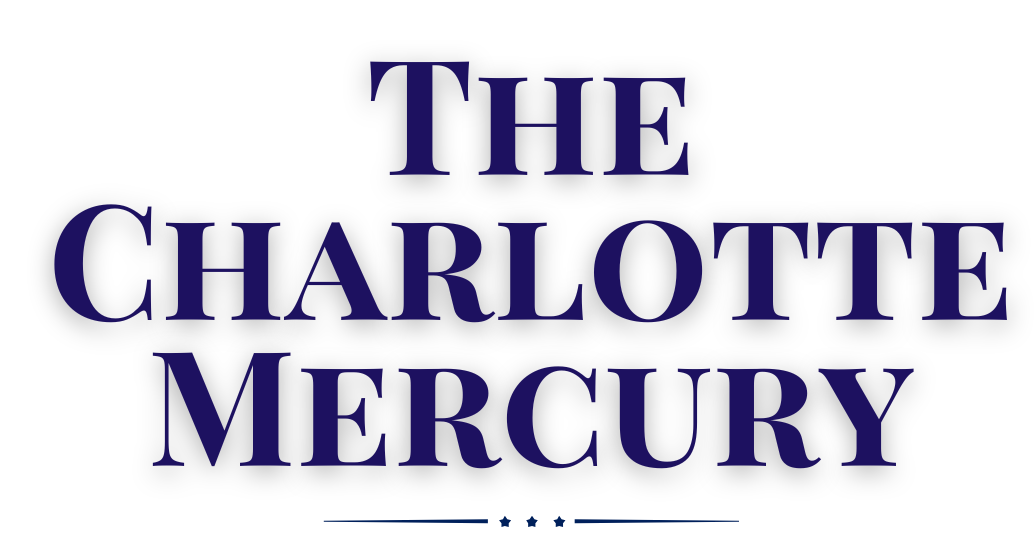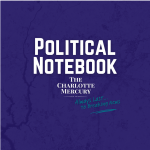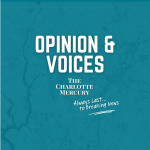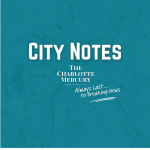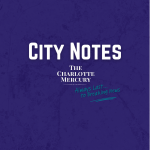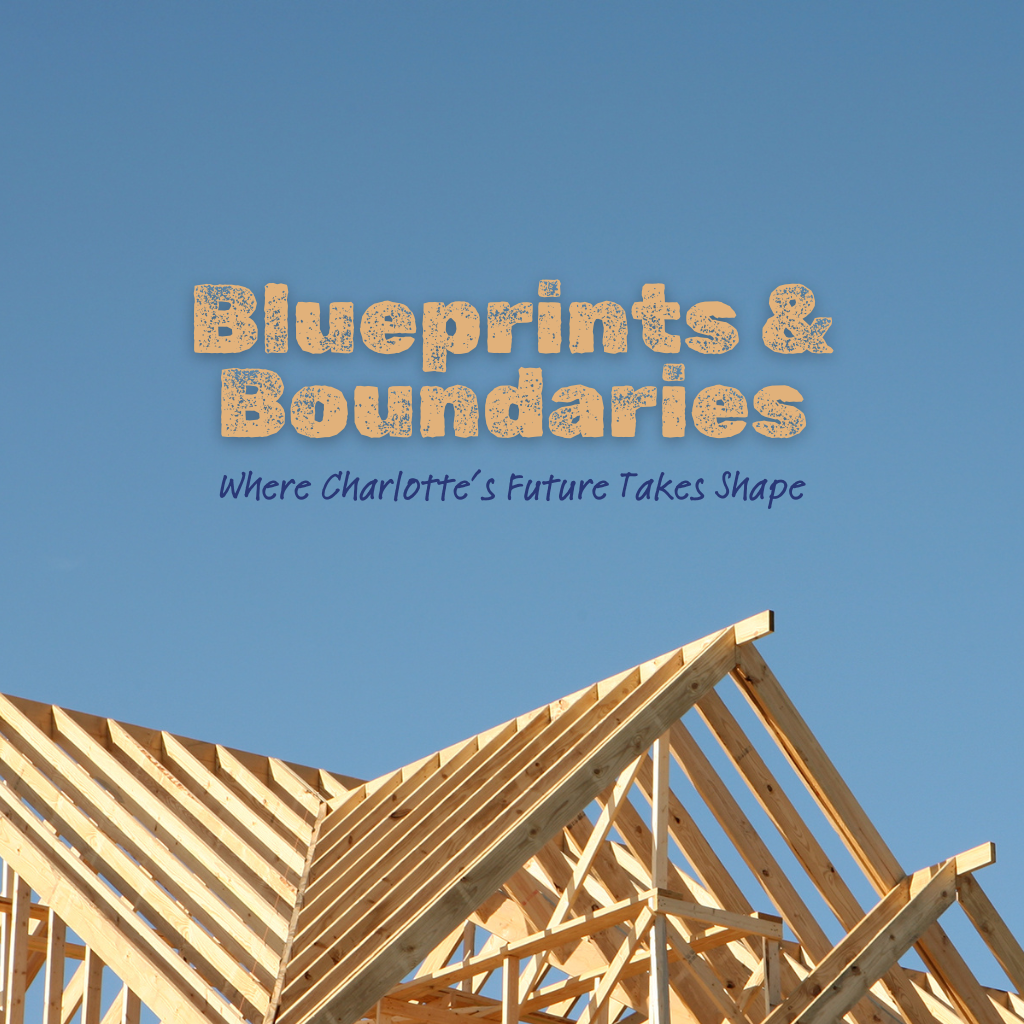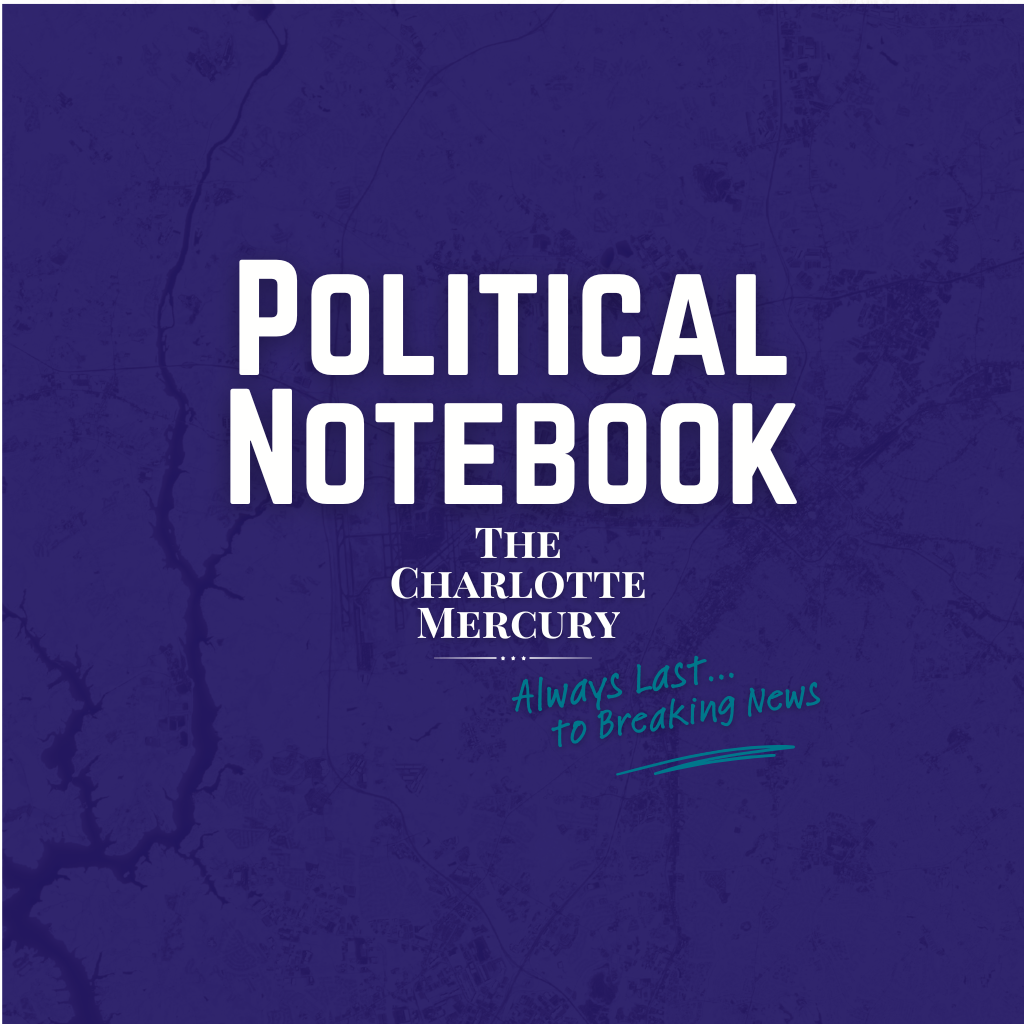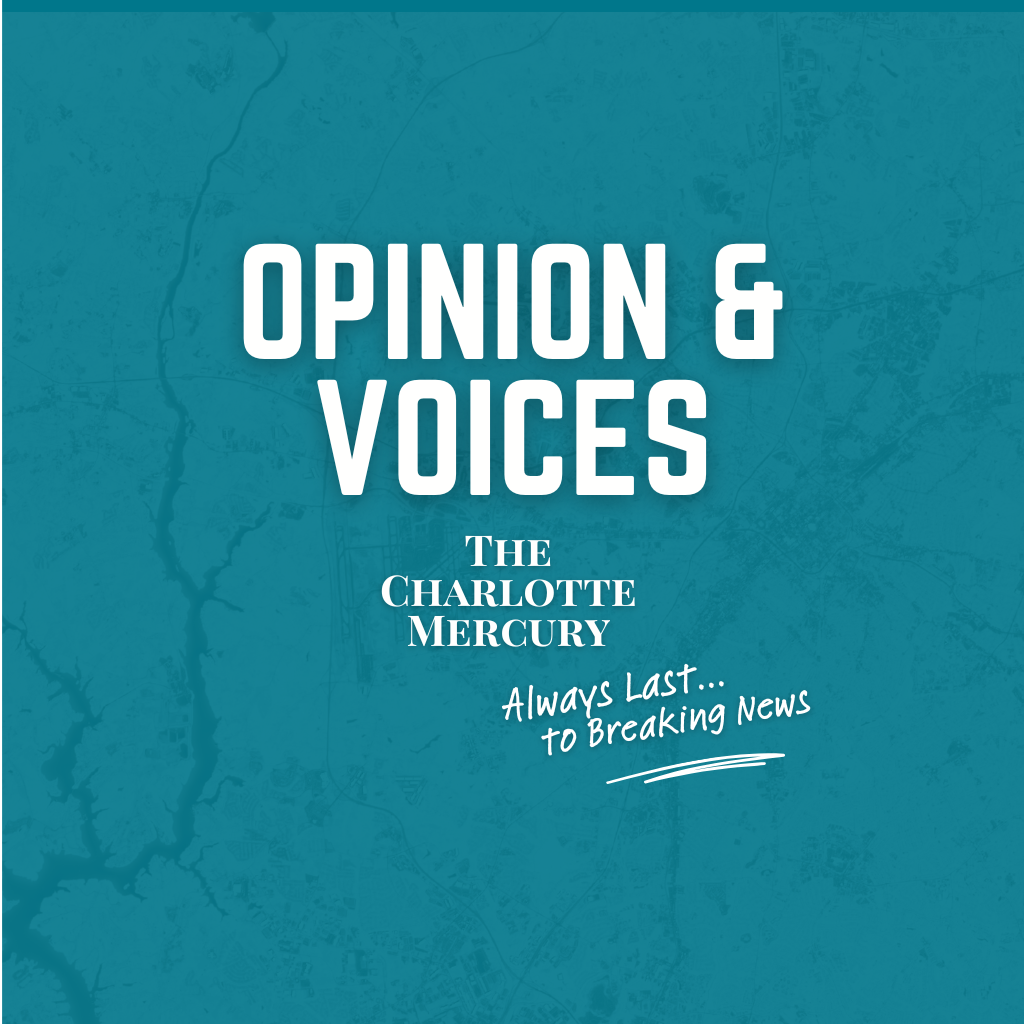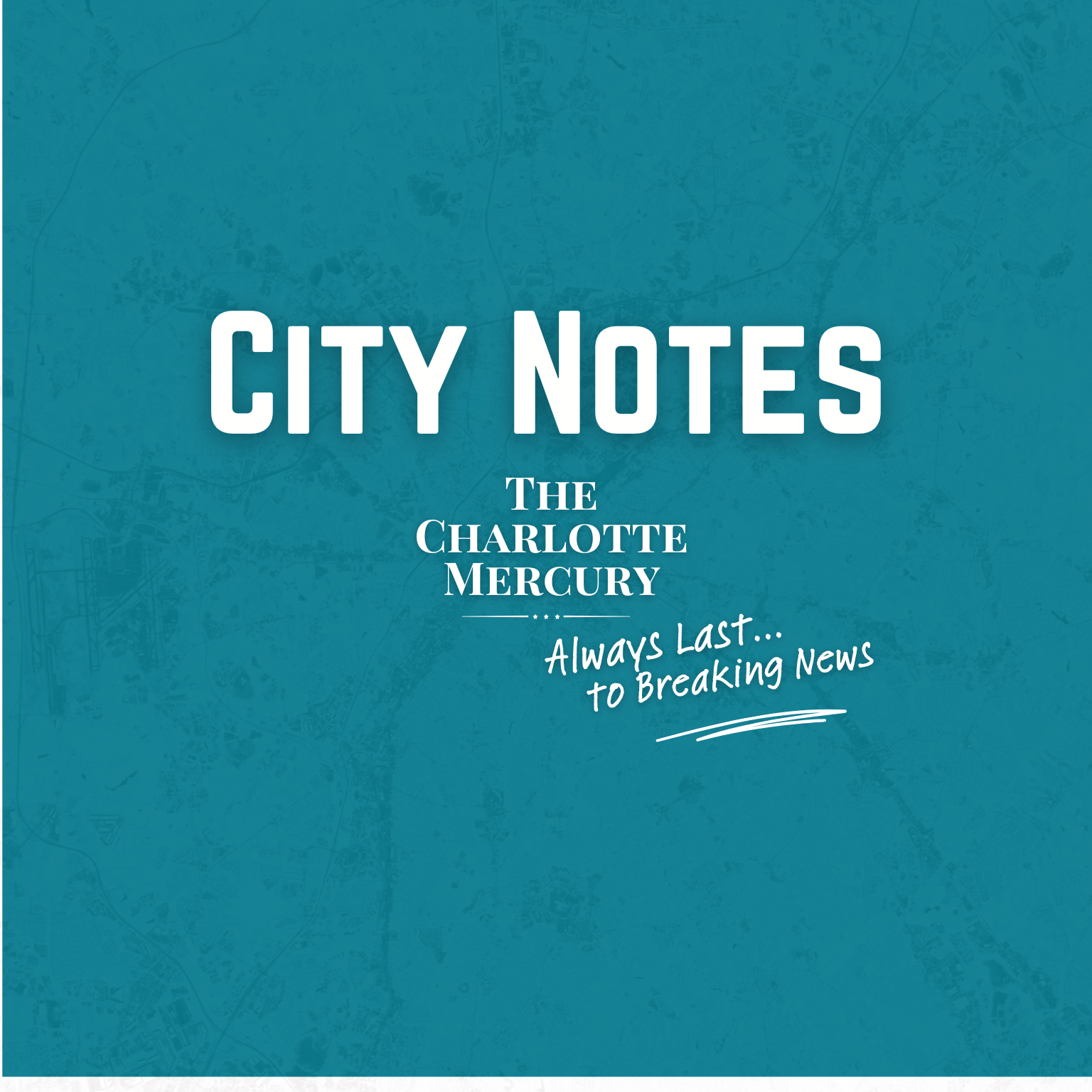A Rare Denial and a Not-So-Rare Mistake Developers Keep Making
This Is Zoning, Not Monopoly
In a vote that felt like both an anomaly and a course correction, Charlotte City Council on Monday night did something it hasn’t done much in recent memory: it said no. Unanimously.
By an 8–0 margin, Council members rejected Petition 2024-116 — a rezoning request that would’ve allowed for increased density on a single parcel inside Hidden Valley, one of the city’s historically Black neighborhoods. The proposal would have shifted zoning from N1B to N1C, enabling the lot to be split for smaller homes, and potentially doubling residential density.
But here’s the twist: the community showed up. They showed out. And the council, for once, actually listened.
“This isn’t a policy night,” said District 7’s Ed Driggs, “but maybe it should be.” His comment underscored the elephant in the room — the Unified Development Ordinance (UDO), Charlotte’s wonky and now highly controversial land use guide, is getting tested one fight at a time.
Mayor Pro Tem Dante Anderson, who represents the district, didn’t hold back. “There’s just been an absence of a spirit of collaboration with the neighborhood association board members and community members,” she said. And in zoning, when the people closest to the land aren’t even asked how they feel, it gets noticed.
Councilmembers LaWana Mayfield and Renee Johnson offered some of the strongest pushback. Johnson reminded her colleagues of what this petition meant in real terms. “It sets a precedent,” she said. “We still have to manage for our current residents and their quality of life.” Mayfield, as usual, went for the jugular: “We can’t keep saying we’ll do it later if we never get the chance to have the conversation.”
If you think this was about one lot, think again. This was a referendum on how much process matters — and whether “community engagement” means more than a checkbox on an application.
There was no public hearing for this petition Monday. That happened weeks ago. But the real hearing was the one residents created for themselves, from the sidewalks and inboxes, where they organized opposition and reminded the council — loudly and plainly — that Hidden Valley has rules, too.
Councilmember Victoria Watlington drove the point home. “I don’t believe in the product itself as being the right thing for the neighborhood from a land use standpoint.” Translation: You can put lipstick on a rezoning, but it’s still a carve-up.
Councilmember Marjorie Molina, who earlier in the same meeting supported similar petitions in another part of the city, made a distinction: this one came with a different energy — public resistance and the lack of engagement from the petitioner.
Rare as it was, the vote wasn’t close. All present Council members voted to deny, and no one flinched. Absent were Mayor Vi Lyles, Councilmember Malcolm Graham, and Councilmember Tiawana Brown.
The motion Anderson made was firm: the rezoning “would be disruptive to the existing character and established lot pattern of Hidden Valley and would not be reasonable or in the public interest.”
That last part — “public interest” — tends to get fuzzy in Charlotte. Too often, it’s interpreted to mean “market interest,” “developer interest,” or “what we’re already doing.” Not this time.
If you want to understand what a city looks like when it briefly acknowledges that land is more than numbers on a GIS map, rewind the meeting, go to item 15, and watch the calm power of saying no.
For Charlotte’s zoning beat, it was a blink — but an overdue one. You can read the original coverage here: Hidden Valley Holds the Line: Charlotte Council Rejects Controversial Rezoning Plan.
☕️ Signature
Jack Beckett is the senior writer for The Charlotte Mercury, where he reports on politics, zoning, and the daily absurdities of democracy. He writes best under the influence of Summit Coffee’s Basecamp Blend — bold enough to survive zoning night, smooth enough to endure City Council commentary. Pick up your own fuel at summitcoffee.com, or better yet, visit their flagship café in downtown Davidson. It’s like zoning, but with joy.
The Charlotte Mercury is fueled by Summit Coffee and brought to you by Glory Days Apparel — Charlotte’s premier nostalgia brand. Whether you’re repping the old Coliseum or still angry about Hugo the Hornet’s redesign, Glory Days has the gear that turns memories into conversation starters. Visit their South End flagship at 2202 Hawkins Street or browse the full collection online. Reach them at glorydaysapparel@gmail.com. Seriously, wear something better.
And if you want to keep up with all the hard-hitting, occasionally exasperated coverage of Queen City life, dive into our categories at cltmercury.com:
Message us anytime on Twix, or as the city still calls it, Twitter: x.com/queencityexp 🐦✖️
We’ll be there. Probably in a committee meeting.
